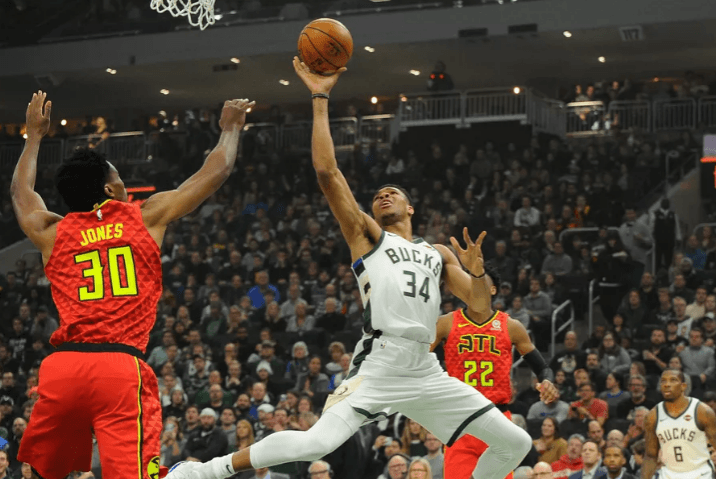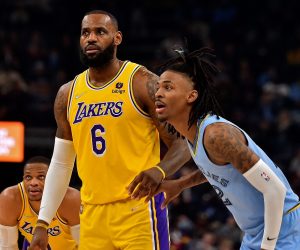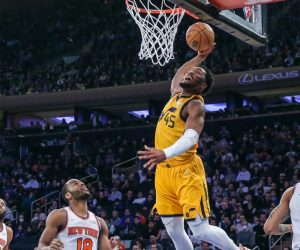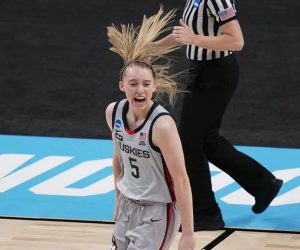Data mining is precisely what it seems to be — lots of digging, sifting through vast quantities of worthless rubble, and only on occasion finding buried treasure. Unfortunately, for every discovery that’s potentially profitable, there are dozens and sometimes hundreds of disappointments and dead ends. Nonetheless, all new knowledge is a discovery. So, let’s keep on digging.

This might sound strange, but NBA players are just like the rest of us.
They enjoy Thanksgiving feasts. They overeat. They may have a few alcoholic beverages with family and friends. Some athletes even fight with their relatives. As I said, basketball players are just like the rest of us.
When thinking about how these kinds of things might impact a sports gambling outcome, my question is this:
What, if any impact, does the Thanksgiving holiday have on players and teams?
Moreover, is there any predictive value in assessing the results of past games played on the day after Thanksgiving and the discovery of trends based on our findings?
Putting Some Theories to the Test
Here’s some background. There are no NBA games played on Thanksgiving day. So, every pro basketball player has the day off. Other than the weekend of the NBA All-Star break in February, it’s the only day of the season when every player is off the court and all arenas are dark.
My mission here is to assess the impact of possible key factors — including travel, family distractions, drinking/celebration, and fatigue. Each of these factors can have a huge impact on the outcome of a game, as this article reveals about teams that are sleep deprived.
The best way to assess these factors was to look at previous results of all NBA games played on the day after Thanksgiving, and to go back in history as far as possible. Obviously, this means looking at all the Friday night NBA games played on this specific day. Data mining isn’t perfect, but it can — and often does — give us an unbiased portrait of what happened before that carries a predictive value in forecasting what might happen next.
Here are four (untested) theories that were pressure-tested in my latest data-mining exercise.
[1] Home teams enjoy a stronger home-court advantage the day after Thanksgiving since the visiting team must travel the night of the holiday, or the following morning.
[2] Visiting teams enjoy an edge since home teams are susceptible to a “fat and happy” letdown right after the holiday.
[3] Betting UNDERs is wise because some players will shoot poorly, and therefore, fewer points will be scored.
[4] Betting OVERs is wise since some players will be lax on defense, and therefore, more points will be scored.
Note that 1 and 2, as well as 3 and 4, are contradictions.
What Data-Mining Revealed
I did the data mining and looked into the numbers. Here’s what I discovered:
2017 and 2018 — Day After Thanksgiving:
Home Team Covered: 14 games
Visiting Team Covered: 10 games
Game went OVER: 10 times
Game went UNDER: 14 times
These limited results look promising. Based on the last two years of data, it looks like we should blindly bet the home teams and UNDERs, since those were winning plays 58 percent of the time. At the very least, it seems, we should factor this in as a possible influence on the outcome. So, perhaps there is something to the theory about added fatigue for road teams, and sloppy play after the holiday.
But, hold on. That’s a very incomplete picture. In fact, it’s a distorted picture.
Going back further in time reveals all of these theories to be fallacies. Here’s more data, going back not just two years, but 10 years:
2009 through 2018 — Day After Thanksgiving:
Home Team Covered: 60 games
Visiting Team Covered: 60 games
Game went OVER: 58 times
Game went UNDER: 62 times
As you can see, the promising data discovery based on a small sample size including just two seasons produced fools gold. A much longer period of time shows that there’s little or no predictive value to the Thanksgiving holiday influencing any home-away advantages, or overs-unders. So, in a sense, this entire exercise produced next to nothing.
Handicapping is Also a Process of Elimination
The question then becomes, was this exercise really a waste of time? Did you blow five minutes reading this and come away with nothing? I hope not.
Eliminating subjective factors in handicapping that have absolutely no bearing at all on spreads and totals (outcomes) is certainly a positive step. If we erase the added home-court advantages and influences on totals that are presumed by holiday interruptions in the future, that’s one less thing to cloud our judgment.
Writer’s Note: I ran data on other disruptions over the course of the NBA season and did uncover some interesting patterns that could be worth factoring when we handicap games. In a future article(s), I’ll reveal some of these findings and post the data. As you will see and read, there are betting situations that can be exploited based on factors like holidays and breaks in the schedule. More to come later.











